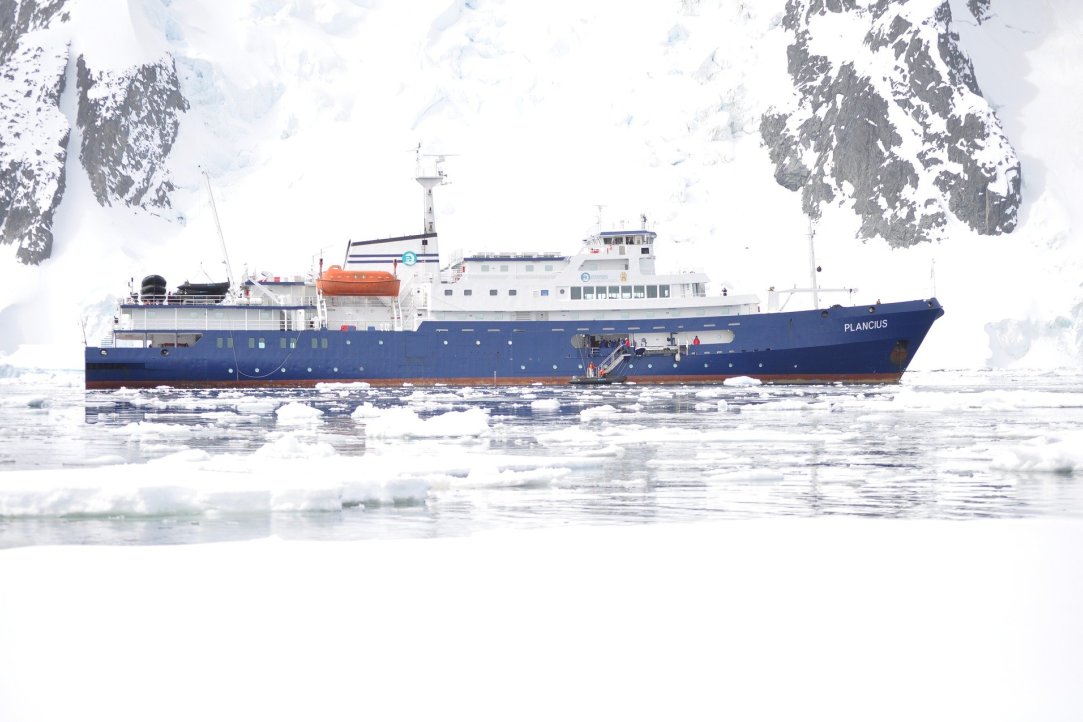
News

On Wednesday, March 16, 2022, the Department of International Relations and the International Laboratory on World Order Studies and the New Regionalism held the 34rd session of the Eurasian Online Seminar.

On Thursday, March 10, 2022, the HSE Bulgarian Club together with the International Laboratory on World Order Studies and the New Regionalism and under the aegis of the Department of International Relations of the National Research University Higher School of Economics held a seminar on the topic “Towards a New European Energy and Climate Strategy: The European Green Deal as the Key Driver Forward”.


On Thursday, February 24, 2022, the HSE Bulgarian Club together with the International Laboratory on World Order Studies and the New Regionalism and under the aegis of the Department of International Relations of the National Research University Higher School of Economics held a seminar on the topic “Ukraine: is the Pandora's Box Open in Europe?”

1. Russia considers the NSR a strategic economic priority since it is instrumental for suppling Russian northern territories. Its importance has grown in the past few years with the expansion of Russia’s oil and gas projects in the Arctic. The NSR allows to monetize vast oil and gas resources located near the coastline and transport them economically to target markets.
2. The realistic possibilities for the NSR to develop into a major trade artery to Asia. The NSR is an Arctic shortcut that saves time and reduces transportation costs on a route between Europe and Asia. But it is necessary to take into account that navigation in Arctic seas is still difficult and it could cause significant risks for ships. Russia is trying to increase its Arctic capabilities by building a new generation of powerful nuclear icebreakers and Arctic class ice-resistant tankers. Initially, Russian exports of oil, condensate, and LNG are going to represent the lion’s share of the transportation turnover via the NSR. When year-round navigation via the NSR becomes a reality, international transit might increase as well.
3. The NSR and its geopolitical implications. In a world of increasing global rivalries, Russia’s control over a major trade route connecting Europe and Asia is an asset. Unlike other marine routes to Asia that could be controlled by the US Navy, the NSR emerges as an important factor in the Russia-China relationship.

On February 2, 2022 the School of International Regional Studies of the Faculty of World Economy and International Affairs, HSE University, within the framework of the permanent online seminars “Contemporary Area Studies”, organised a meeting with the visiting lecturer of the School of International Regional Studies, Faculty of World Economy and International Affairs, HSE University Dr. Ksenia Spitsyna.
